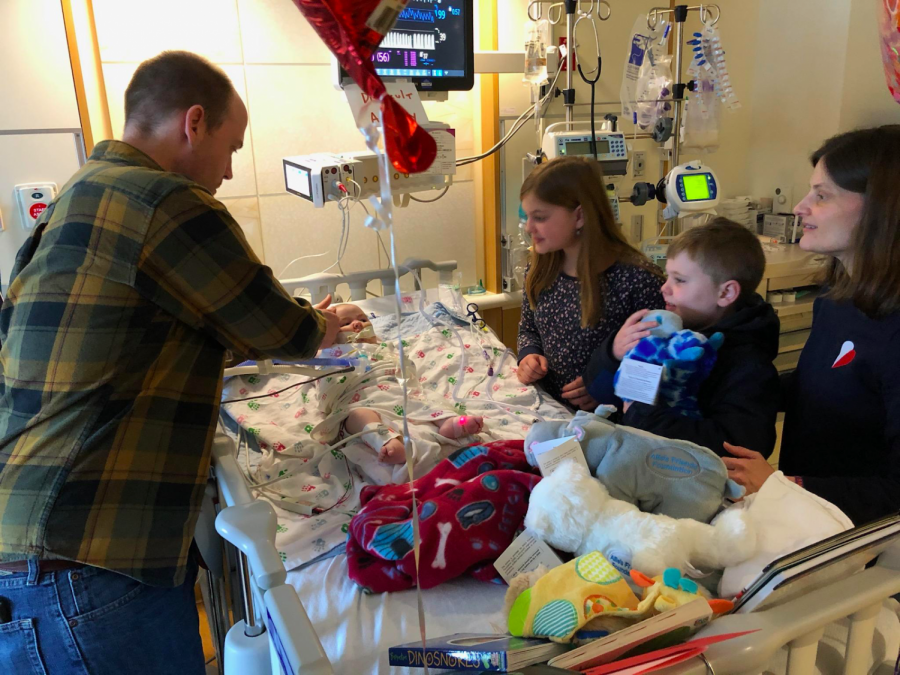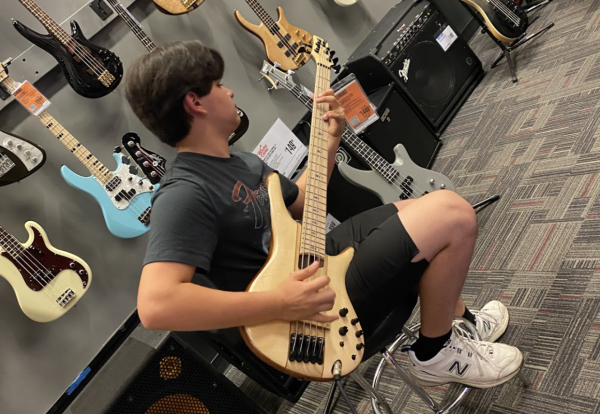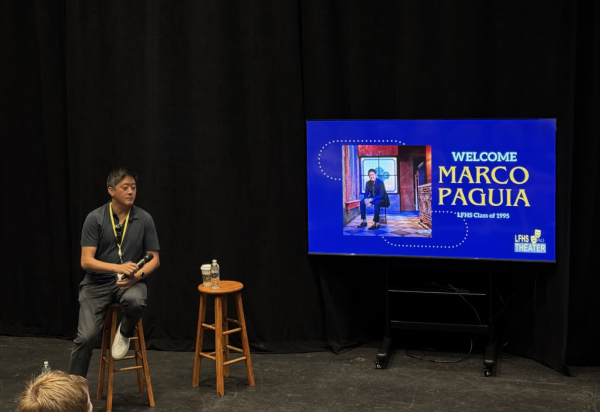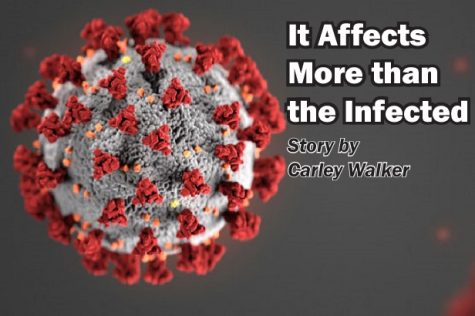Lake Bluffer is Youngest to be Diagnosed with Rare Genetic Disorder
The O’Rourke family gathers around its newest member. Peter O’Rourke, three months, was diagnosed with spinal muscular atrophy, a wasting disease of the muscles.
A Lake Bluff family is finding support in fellow community members after their son became the youngest patient ever diagnosed with spinal muscular atrophy (SMA), a genetic disorder characterized by weakening and wasting in muscles. Three-month-old Peter O’Rourke received his SMA Type 1 diagnosis on Dec 28.
“On Christmas, Shannon [Peter’s mother] noticed that he was lethargic. At Christmas dinner, she noticed he was moving his arms and legs less,” said Mr O’Rourke, Peter’s father. “I thought he had a cold, so the next morning we called a doctor. Shannon took Peter to the doctor’s, and while the doctor was talking, he noticed Peter’s breathing was irregular and called an ambulance.”
A lack of beds in the hospital around Christmas forced them to take the baby to Lurie Children’s Hospital in Chicago, where he was treated for an infection. Fortunately for the O’Rourkes, Lurie is one of the eight centers in the world capable of treating SMA.
“When they were doing their rounds, they noticed that Peter didn’t have an infection, that he probably had a neuromuscular condition, of which SMA is the most prevalent one,” Mr O’Rourke said. “Depending on who you talk to, there are only three or four experts in the country that work on SMA.”
SMA in infants is usually caught either before birth or 3-6 months after birth. Peter’s cold lowered his strength reserves, and allowed the doctors at Lurie to notice the SMA at seven weeks instead of the normal timeframe.
SMA can develop at any time from before birth to adulthood. There are several types of SMA, ranging from Type 0 to Type 3. Type 0 is evident before birth, and is usually the most severe form, with the patient being unlikely to survive infancy. Type 3 develops after childhood, and the patient normally has an average life expectancy, only being restricted to a wheelchair later in life.
“With SMA,” biology teacher Lena Kopecky said, “you have weakening of the muscle because of the motor neurons. The motor neurons themselves are not taking the signal from the brain into the muscles and having the muscles do work, so over time it becomes a weakening of the muscle.”
“Peter is different than other kids with SMA because it was treated in this in-between time. He was diagnosed at seven weeks and treated at nine, so nobody knows what will happen because of that. They’re writing a case study about him because of that,” said Mr O’Rourke.
Treatment for SMA is both very new and very expensive. The current best treatment for SMA is a gene therapy called Zolgensma, and it comes with a $2.125 million price tag, making it the most expensive FDA-approved treatment ever.
“There were some difficulties getting health insurance to pay for the treatment, and ultimately it took getting the (Chicago) Tribune to call in,” Mr O’Rourke said. Aside from the high cost of the drug, its long term effects are unknown, as only four other children at Lurie have been treated with it so far. The drug was only approved in May of last year, and Peter was treated on Jan. 10.
Things have been quite hectic since Peter’s initial treatment began, Mr O’Rourke said.
“It’s pretty crazy,” he said. “Mary Grace and Colin [Peter’s siblings] don’t understand why Peter isn’t at home, just trying to get everything managed is hard as well.” (The older O’Rourke children are students in Lake Bluff School District 65.)
Raising awareness for SMA is the next step. Until recently, only a couple of lines were devoted to SMA in college medical textbooks, and the first treatment for SMA was only developed within the last three years. Several children are born with the condition each month, but most are not diagnosed due to this lack of awareness.
Two experts at Lurie have been petitioning the Illinois State Government to include reflex testing for SMA at the one-month pediatrician appointment. Peter will be included in an instructional video showing pediatricians how to detect SMA.
In the meantime, the Lake Forest and Lake Bluff communities are rallying to support the O’Rourke family. A Gofundme has been set up by friends of the O’Rourke family, and has raised over $8,000 so far. Some measure of support has come from other SMA-afflicted families as well, but Mr O’Rourke expressed his hope that the disease would not define his family as it has others.
“It seems like for some other families, SMA becomes their life,” Mr O’Rourke said. “I’m trying not to let it become my life.”
Your donation will support the student journalists of Lake Forest High School. Your contribution will allow us to purchase equipment and cover our annual website hosting costs.

Ben Rosa joins the Forest Scout as a senior at Lake Forest High School. Ben is a varsity member of the Cross Country team in the fall and the Track team...












